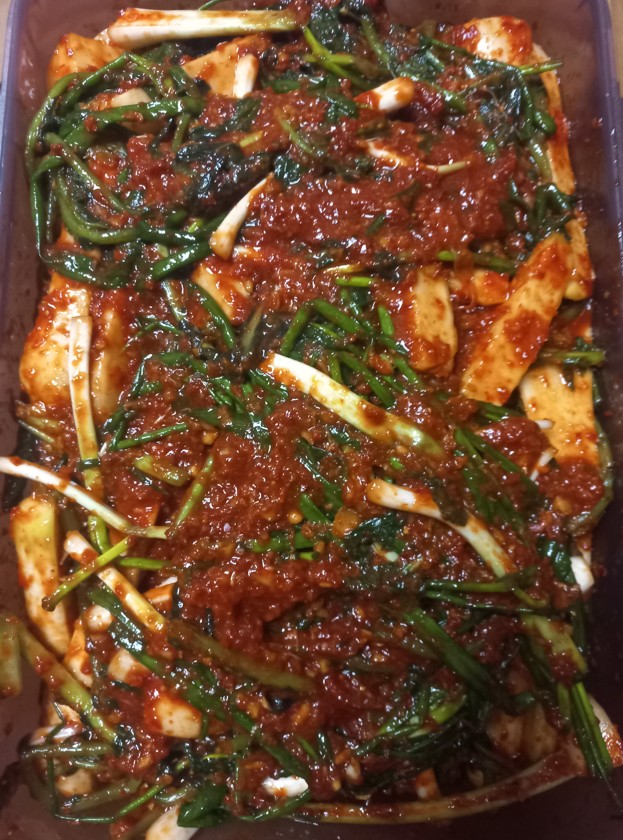 How does kimchi represent Korean culture as well as food?
How does kimchi represent Korean culture as well as food?
How does kimchi represent Korean culture as well as food?
Kimchi, an iconic Korean dish, occupies a special place in Korean culture. As an essential part of Korean cuisine, it represents the rich heritage and tradition of Koreans. From its unique preparation to its health benefits, kimchi plays an important role in defining the essence of Korean culture.
Kimchi : Korean food staple.
Korean cuisine is known for its bold flavor and variety of ingredients, centered on kimchi. Made with fermented vegetables, centering on Napa cabbage, kimchi is seasoned with a combination of spices such as chili flakes, ginger, garlic, and green onion. This delicious side dish is enjoyed by Koreans with almost every meal and demonstrates its importance and presence in Korean homes.
Fermentation process: reflection of tradition.
One of the key factors that distinguish kimchi from other foods is its traditional fermentation process. Preparing kimchi involves sprinkling salt on the vegetables and fermenting them for a period of time. This fermentation improves the taste as well as preserving the ingredients, making them tangy and slightly spicy. Through this traditional method, kimchi embodies the importance of preserving the essence and cultural customs of Korean cuisine.
Health Benefits and Korean Philosophy.
In addition to its cultural importance, kimchi is also highly regarded for its health benefits. Full of vitamins, minerals, and probiotics, kimchi is known to promote digestion, improve intestinal health, and strengthen the immune system. Korea’s philosophy of maintaining a balanced and harmonious lifestyle extends to the foods they consume, which is why it has become synonymous with promoting well-being and balance.
Put the kimchi on a plate.
Kimchi’s influence on Korean culture extends beyond the dinner table. It has become a symbol of Korean identity and heritage, representing Koreans’ resilience and adaptability. Its popularity has spread far and wide, with kimchi festivals, museums, and even fashion shows dedicated to celebrating this traditional dish. This widespread awareness and appreciation underscores the deep-rooted connection between kimchi and Korean culture.
Global influence.
In recent years, kimchi has gained worldwide popularity as a result of the Korean Wave, which means a global interest in entertainment, music, and cooking in Korea. As Korean dramas and music spread around the world, the influence of Korean culture is growing as kimchi takes center stage as an ambassador of Korean gastronomy.